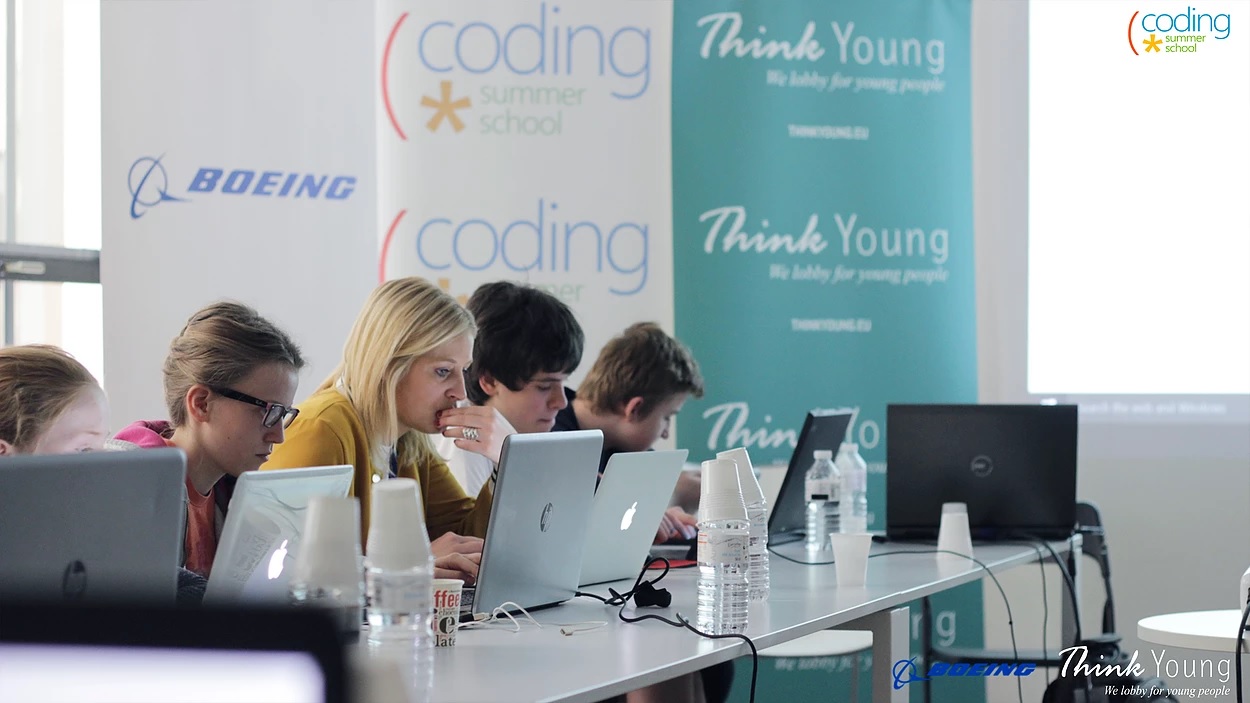Short summary:
The MakersTown is a fair held to showcase makers across Europe. Makers are a new wave of entrepreneurs and Do-It-Yourself experts empowered by Web 3.0 tools, technology and crowdfunding. From 3D printing to robotics, from wearable technology to new ICT, from food to fashion, they are today’s Robert Bosch, Enzo Ferrari or Arthur Guinness.
Description and objectives:
The MakersTown is a fair held to showcase makers across Europe. Makers are a new wave of entrepreneurs and Do-It-Yourself experts empowered by Web 3.0 tools, technology and crowdfunding. From 3D printing to robotics, from wearable technology to new ICT, from food to fashion, they are today’s Robert Bosch, Enzo Ferrari or Arthur Guinness.
MakersTown takes place yearly in Brussels, Belgium and is organised by ThinkYoung in collaboration with the Wilfried Martens Centre for European Studies and various partners from industry, including Google, Intel, ABInBev and Coca Cola. The event is supported by the European Commission and Startup Europe.
Makerstown is the first event of its kind in Brussels bringing together Makers, business leaders and European policy-makers to showcase, share and succeed!
Europe’s manufacturing tradition is getting an update, come to #Makerstown to experience it first-hand!
Link to programme website:
Impact:
The MakersTown brings together school aged children, representatives from education, policy makers, corporates, start-ups and members from civil society and the general public. The event is a melting pot of people who are interested in witnessing “The Town of the Future”.
Reach:
The MakersTown event has welcomed 1500+ visitors, 100+ top European Makers, 3 European Commissioners, 5 Members of the European Parliament and multiple speakers from the corporate arena. 500 of the visitors to the event were children from primary and secondary school, where the MakersTown provided sessions for the kids on 3D printing, Coding and 21st century skills.
Budget and funding model:
MakersTown is a collaboration between ThinkYoung, the Wilfried Martens Centre for European Studies, the European Commission and various industry partners.
data_page_icon_programme:







